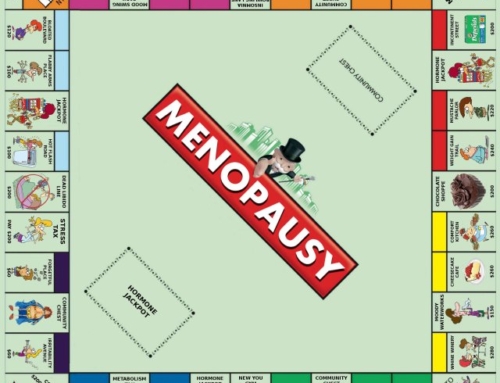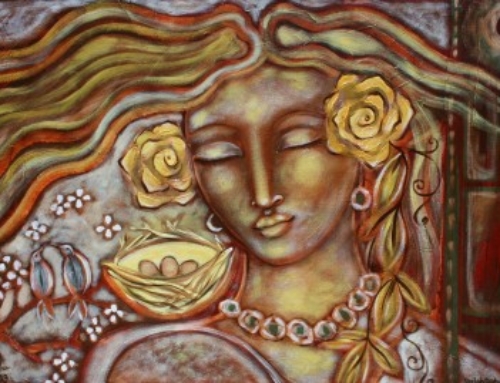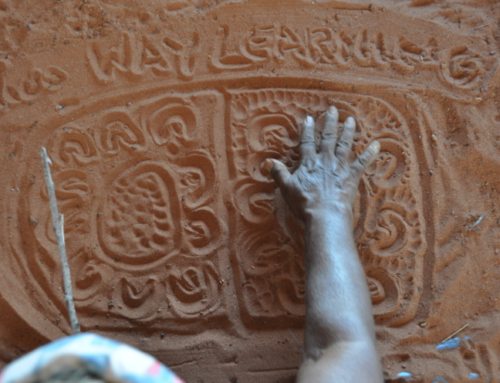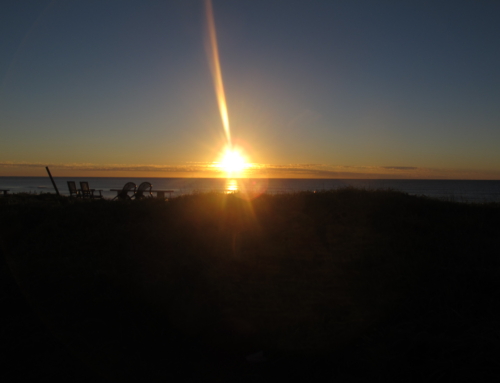Call it a clan, call it a network, call it a tribe, call it a family: Whatever you call it, whoever you are, you need one. – Jane Howard
Belonging is a natural human need. It’s designed to keep us looking out for one another , to foster sustainability.
A sense of Belonging is what gives us the fundamental grounding to explore who we are within and in relation to our world and spirit. Belonging gives us a context for ourselves, an affirmation that, indeed, we live in relationship. Receptivity itself, the foremost aspect of the Feminine, indicates Relationship. We must be receptive to something. The Feminine principle, the basis of all indigenous cultures, is Relational, awareness of the interconnectedness of all things. As a direct result of this understanding, we are moved to empathy and respect. Our every action and thought affects the the local and global, ourselves and others, invisible and elemental worlds.
Within Belonging I can contribute, I have a purpose, I have a responsibility, I am never alone or separate.
Traditional cultures entire social and spiritual codes were all based on intricate inter-relationships, past, present and future, to peoples alive and dead, and to the Great Mother Earth. Codes of ethics do not bind me, they offer me the reference points of the common values to which I belong. That is how I know who is my tribe, my family, my peeps.
Today world governments and institutions create the boundaries and consequences of social and commercial behaviours and interactions. Is that my Belonging? To the nation I live in? Religions define themselves by beliefs and subsequent codes of conduct. To what do I Belong?
To find Belonging in our contemporary culture of inclusivity and individualism I must simplify:
I Belong to the human family. I Belong to the greater circle of women, my gender. I Belong to my lineage, my ancestral heritage. I Belong to the Great Mother Earth. And if I am lucky enough to have had time to develop a connection to a Place, then I Belong to the Spirit of that Place. I Belong here.
Here is an excerpt from the potent book, ‘Stories of Belonging’, edited by brilliant author and activist Kali Wendorf.
‘ Modern culture is so disconnected from this relationship of Belonging. We’ve redirected our sense of belonging to man-created objects. But we’ve always belonged to the earth and been part of everything. When we started creating and valuing man-made, material things, we walked away, turned our backs on our family, on the natural world. And we stopped being responsible toward others. We moved away from a life of ‘oursness’ and we started to live in ‘mineness’. We valued things like gold and diamonds, and parents started to pass that non-belonging on the the future generations. There’s no life, no livingness, in man-made things. But in addition- and this is important- belonging is earned through responsibility toward all living things. Responsibility is the key to Belonging- most people today do not understand. ‘- Pitjantjatjara Elder, Bob Randall, Aboriginal traditional custodian of Uluru in Central Australia.






